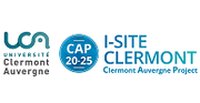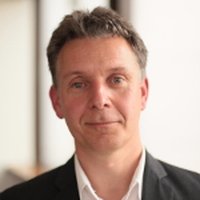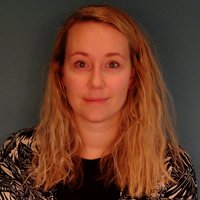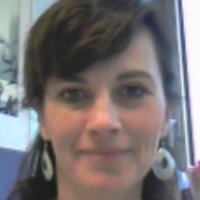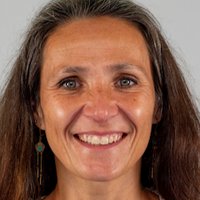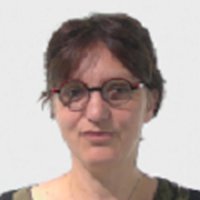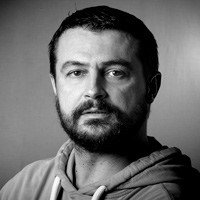Strong sustainability and Europe
- Duration: 12 weeks
- Effort: 48 hours
- Pace: ~4 hours/week
- Languages: French
What you will learn
At the end of this course, you will be able to:
faire un état des lieux de vos connaissances en matière de durabilité, cerner les interactions entre de nombreux enjeux de société (énergie, mobilité, alimentation, climat…) et comprendre les différents scénarios qui s’offrent à nous.
Description
Sustainable development, popularized by the Brundtland Report, was defined at the end of the 1980s in three spheres (economic, environmental and social). It is this representation that continues today to be disseminated to the public and to large companies.
Recent debates on the collapse of biodiversity, climate change and the scarcity of water resources tend to highlight the planetary boundaries and the consequences of human activities on the environment. It is no longer the time for mitigation or adaptation policies; we need to change our behavior.
The objective of this MOOC is to question the major challenges of development for Europe in a perspective of strong sustainability (energy, climate, biodiversity, food, mobility, agriculture, natural resources, education...) and to propose alternatives.
Various international experts (1) present an objective assessment of the situation, (2) identify the leverage points that need to be activated, and (3) propose solutions or alternatives to the status quo.
Format
The MOOC consists of 10 sessions that will take place over 12 weeks. Each session requires approximately 4 hours of work per week. The MOOC will alternate between videos from teachers and recognized experts, discussion forums and mind maps with peer evaluation.
Prerequisites
The MOOC is aimed at high school students, bachelor and master students, professionals in the field and in general at any citizen wishing to understand the main issues of society.
The prerequisites here refer to the emergence of the concept of sustainable development (Brundtland report) and the three spheres (economic, ecological, social). This knowledge is above all interdisciplinary. Biology, physics, geography, history, law, economics, sociology, philosophy, psychology... allow us to grasp the question of sustainability. They also imply the use of a method - systems thinking - to better define the limits of the Earth system.
Assessment and certification
This MOOC provides you every week to make your mental map in the dedicated forum and share your thoughts with your peers. The members of the pedagogical team will animate the forums and validate the mental map in order to deliver a final certificate.
Course plan
- Introduction
- Paradigms Shift
- Shifting our Socio-Economic Models
- Gaining a better understanding of the scarcity of natural resources
- Bringing out a new agriculture
- Reviewing our food models
- Designing New Energy Systems
- Rethinking our territories and our cities
- Revisiting our mobilities
- Transforming our Educational Models
- Relational transition
Course team
Arnaud Diemer
Categories
Johanna Gisladottir
Categories
Cécile Batisse
Categories
Ariane Tichit
Categories
Carine Robles
Categories
Arnaud Mouzat
Categories
Organizations
Social networks
Partners
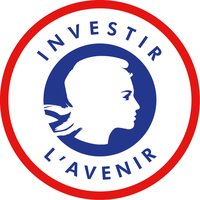
Investir l'avenir
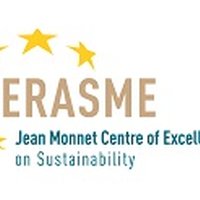
Projet Erasme
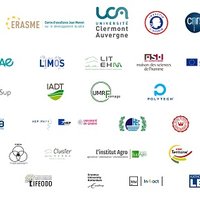
Tous les partenaires du MOOC
License
License for the course content

Attribution-NonCommercial-ShareAlike
You are free to:
- Share — copy and redistribute the material in any medium or format
- Adapt — remix, transform, and build upon the material
Under the following terms:
- Attribution — You must give appropriate credit, provide a link to the license, and indicate if changes were made. You may do so in any reasonable manner, but not in any way that suggests the licensor endorses you or your use.
- NonCommercial — You may not use the material for commercial purposes.
- ShareAlike — If you remix, transform, or build upon the material, you must distribute your contributions under the same license as the original.
License for the content created by course participants

Attribution-NonCommercial-NoDerivatives
You are free to:
- Share — copy and redistribute the material in any medium or format
Under the following terms:
- Attribution — You must give appropriate credit, provide a link to the license, and indicate if changes were made. You may do so in any reasonable manner, but not in any way that suggests the licensor endorses you or your use.
- NonCommercial — You may not use the material for commercial purposes.
- NoDerivatives — If you remix, transform, or build upon the material, you may not distribute the modified material.

